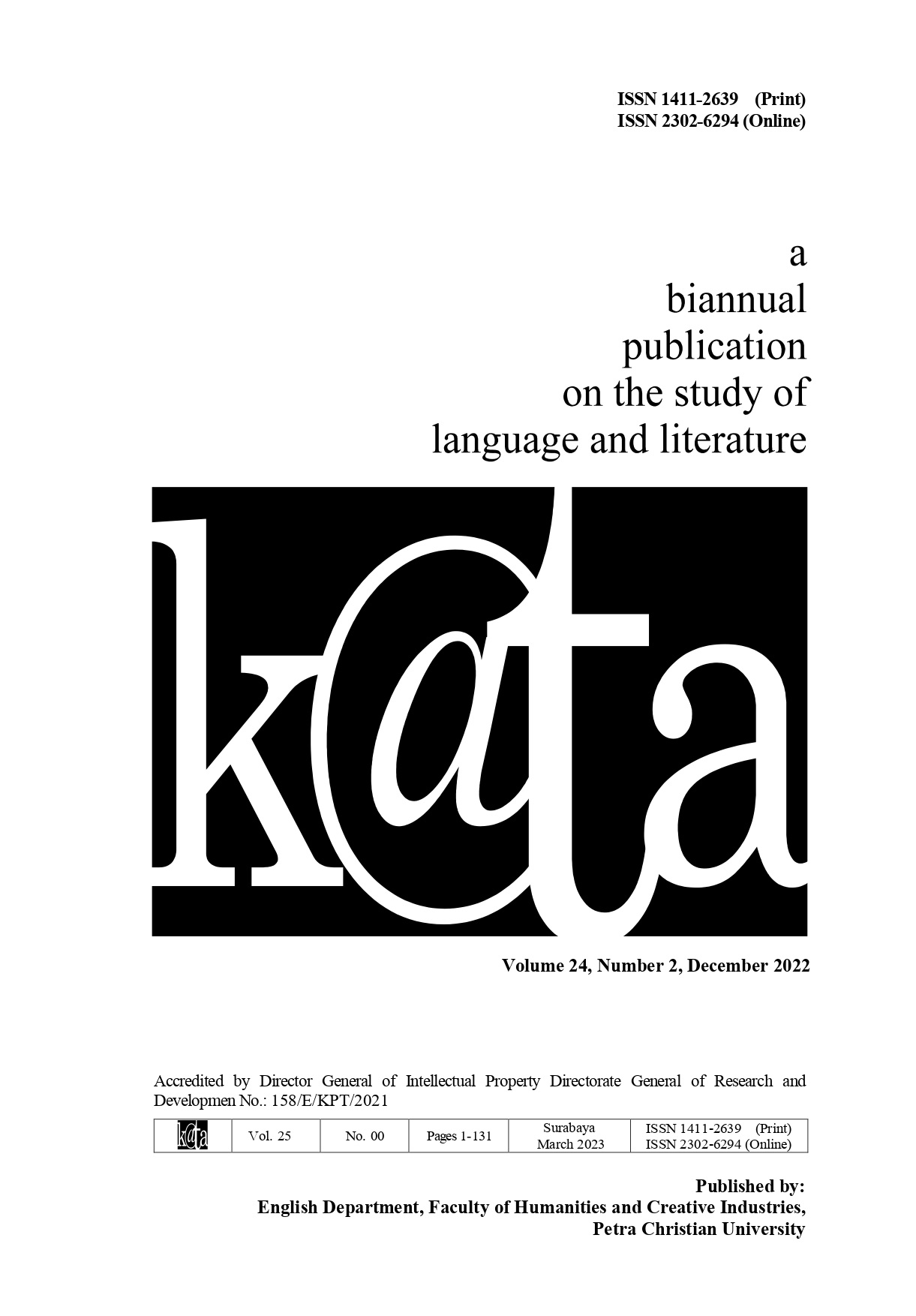Optimizing Indonesian Language Learning During the Covid-19 Pandemic in Elementary Schools
Abstract
Learning during the pandemic has an impact on student learning activities in learning Indonesian. This impact causes learning to be carried out online. The purpose of this study was to find out how the teacher's strategy was to optimize Indonesian language learning in elementary schools during the covid-19 pandemic. This research is descriptive qualitative research that examines the strategies of elementary school teachers in optimizing online learning. Data collection techniques using observation, interviews and questionnaires. The research was conducted at an elementary school in Madiun with 10 grade 4 teachers as the subject. The results of optimizing Indonesian language learning show that students learn Indonesian using thematic books with Whatsapp group application services, google meet, google classroom, Microsoft 365, google form, social media. The results of the assessment are carried out using quizzes or tests in the form of assignments.
Downloads
References
Aldino, A.A., Hendra, V., & Darwis, D. (2021). Spada training as LMS optimization in learning during the COVID-19 pandemic. Journal of Social Sciences and Technology for Community Service (JSSTCS), 2 (2), 72–81.
Andri, R.M. (2017). The role and function of technology in improving the quality of learning. Jurnal Ilmiah Research Sains [Scientific Journal of Science Research], 3 (1).
Damayanti, I. (2019). Optimizing digital literacy in Indonesian language learning as an effort to strengthen character. Proceedings of the National Seminar on the Faculty of Social Sciences, Medan State University, 3, 1004–1009. http://jurnal.ugm.ac.id/jpkm
Dwiyogo, W.D. (2015). Analysis of the need for developing blended learning (PBBL) based learning design models to improve problem solving learning outcomes. Journal of Education and Learning (JPP) , 21 (1), 71–78.
George, M.L. (2020). Effective teaching and exami-nation strategies for undergraduate learning during COVID-19 school restrictions. Journal of Educational Technology Systems, 49 (1), 23–48.
Isodarus, P.B. (2017). Indonesian text-based learning. Synthesis, 11 (1), 1–11.
Jayanti, M.D. (2017). The influence of vocabulary mastery and reading comprehension on narrative writing skills. LEARNING LANGUAGE: Scientific Journal of Indonesian Language and Literature Education Study Program, 2 (2).
Lestari, S. (2018). The role of technology in education in the era of globalization. EDURELIGIA: Journal of Islamic Religious Education, 2 (2), 94–100.
Mahardika, A.I., Wiranda, N., & Pramita, M. (2021). Creating interesting learning media using Canva for optimizing online learning. Journal of Education and Community Service, 4 (3).
Putro, K.Z., Amri, M.A., Wulandari, N., & Kurniawan, D. (2020). The pattern of interaction between children and parents during the learning policy at home. Fitrah: Journal of Islamic Education, 1 (1), 124–140.
Sadikin, I.S., Lestari, S., & Aini, S. (2020). Interactive, meaningful and interesting online learning as an effort to optimize the learning process during the Covid-19 pandemic. Journal of Community Service, 5 (4), 897–905. https://doi.org/10.30653/002.202054.647
Sanjaya, W. (2010). Learning planning and design systems. Kencana.
Sugiyono. (2013). Educational research methods (Quantitative, qualitative, and R&D approaches. Alphabeta.
Yuniati, I., Suyuthi, H., & Hakim, M. (2021). Training on the utilization of Youtube media in Indonesian language learning at Bengkulu city high school. Journal of Education and Community Service, 4(1).

This work is licensed under a Creative Commons Attribution 4.0 International License.
This work is licensed under a Creative Commons Attribution License


















